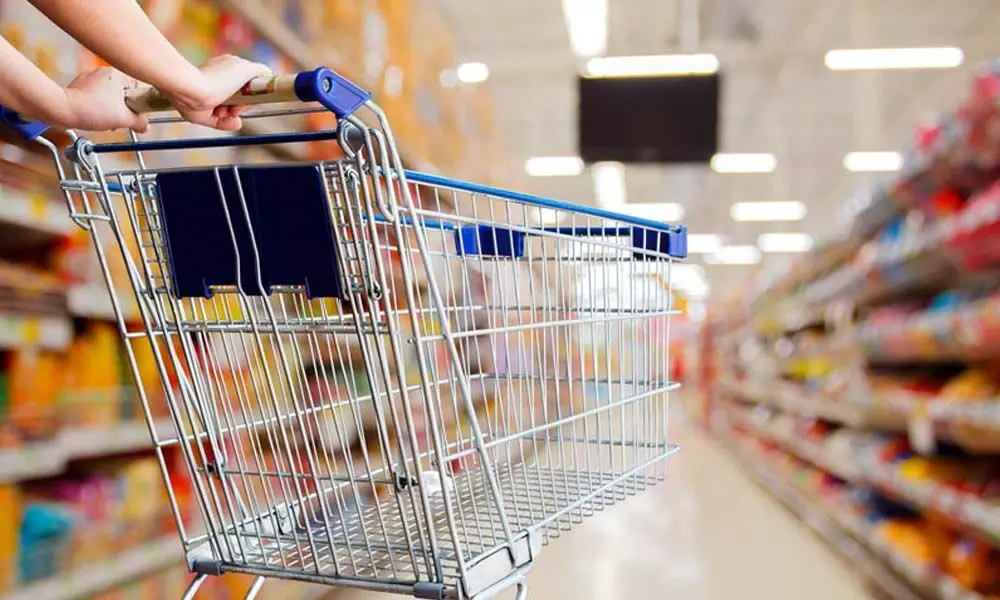Covid 2.0 curbs hit the retail sales hard
The restrictions on store timing has impacted business and a logistical nightmare
image for illustrative purpose

New Delhi Retailers are having continued growth in health and hygiene category products as well as in food, personal care and home care items, but discretionary categories like beauty and cosmetics, fashion and apparels have been affected adversely during the second wave of the pandemic.
Now, there is a renewed focus on healthy alternatives such as ayurvedic toothpaste and juices, while instant foods and ready-to-eat snacking items with nutritional offerings are also seeing larger penetration.
Moreover, value packs are doing well this time as smaller packs of Rs 5 and Rs 10 have witnessed a rise of up to 20 per cent across categories like biscuits, ketchup and jams, while the large and premium packs have been affected as people are cautious about their disposable income. Besides, some retailers are also facing the issue of excess stocking in categories such as apparel, fashion and home care categories, as they had stocked up their inventory in March in anticipation of the upcoming season after having a good run rate in the January-March quarter.
"Spends have dropped in high price point and non-essential categories," METRO Cash & Carry India MD and CEO Arvind Mediratta said. Future Group, which operates big format stores such as Big Bazaar and has now shifted mostly to home delivery model, said sales in the non-essential category have gone down after the second wave restrictions.
"Of course, sales of the non-essential category have been hit as you are selling only food and other essentials. Because of that, categories such as fashion and home are impacted very high. "We have stocks but suddenly sales have gone down. The summer sales, which we were expecting in fashion, are now washed away," he added. Daily essentials such as fresh vegetables, staples and pulses; dairy products like milk; ready-to-cook items such as dosa barters; packed foods such as noodles, pasta and pickles are selling well at Big Bazaar, he added.
While Mediratta also points out that the restriction on store timing in the second wave and lockdown has "impacted business and is becoming a logistical nightmare". "By the time customers start walking in, it's time to shut the stores," he said. The challenge has been on receiving stocks at stores, recording inventories and managing customer walk-ins within those restricted timing of 3-4 hours in most of the company's operating states, Mediratta added.
According to Big Bazaar, on the delivery side, it is not facing any challenges but there is still a different set of rules city-wise and is creating confusion. "We have ramped up our home deliveries but of course as a daily retailer, you have to keep figuring out the changes in the local lockdown and have to keep adapting to it. That is a challenge for us," said a Big Bazaar spokesperson.
But, since it has now shifted mostly to the home delivery model, it has faced no problems in sales so far, he added. METRO Cash and Carry is also witnessing a lot of online orders on its app, but timely delivery of orders to its kirana customers within these restricted periods was again a challenge, said Mediratta.
EY Partner and National Leader (Consumer Products and Retail) Pinakiranjan Mishra said this time, retailers are far more ready than the earlier lockdown. "Supply chain is not a big issue this time," he said

